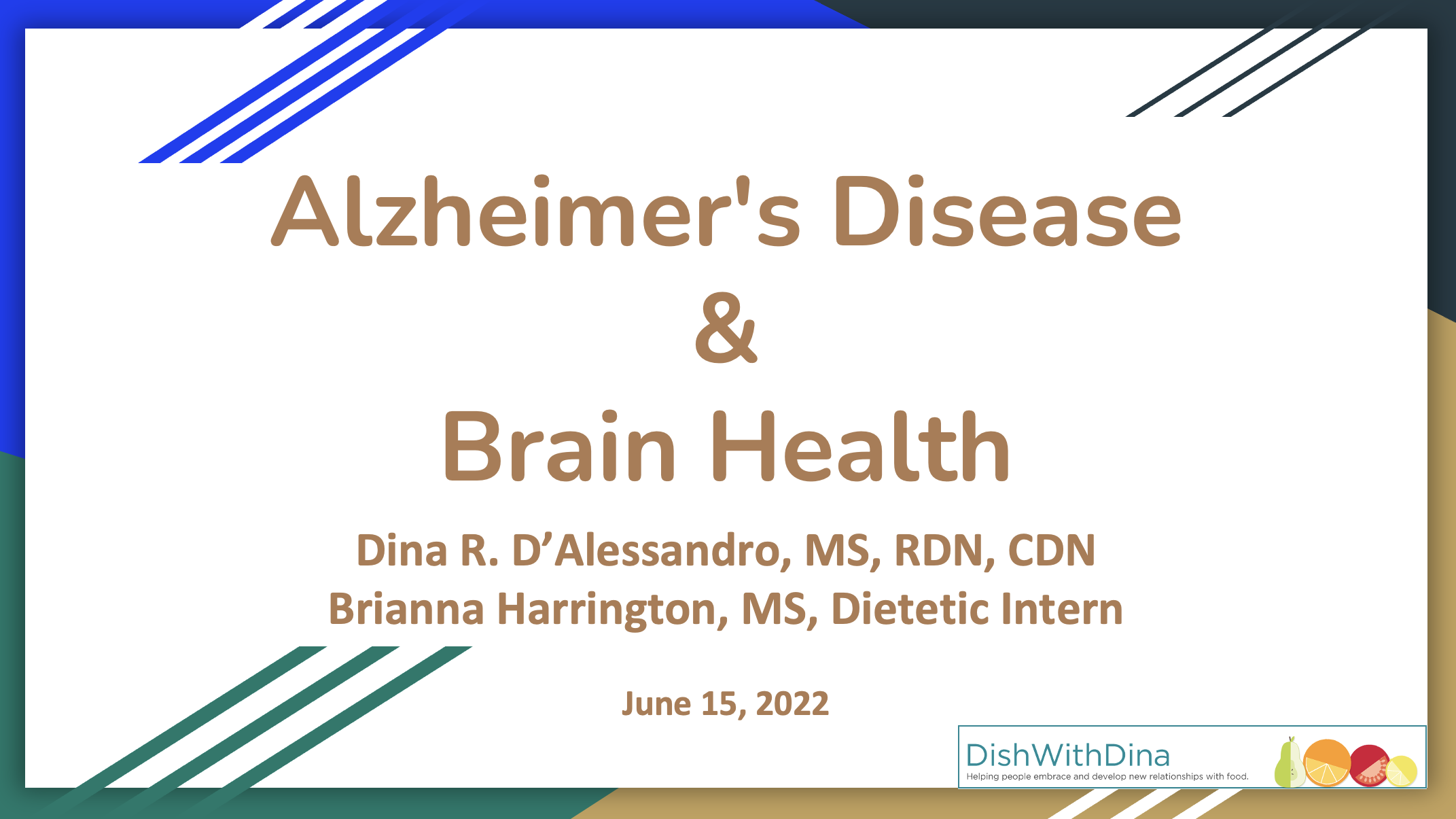Discover how factors like diet, physical activity, gut health, sleep, and stress influence neurodegenerative disease risk. Learn practical wellness tips to support brain health and reduce the risk of Alzheimer’s, Parkinson’s, and other disorders.
Have you ever walked into a room only to forget why you were there? Or found yourself struggling to recall a name that was on the tip of your tongue just moments ago? It happens to all of us—and often, our minds leap to the worst-case scenario: Am I losing it? While these little lapses in memory can be unsettling, they’re usually part of the normal ebb and flow of our brain’s functioning, influenced by everything from stress and sleep to diet and daily habits. Before you start worrying, let’s explore exactly what’s behind cognitive health and how simple lifestyle changes can keep your brain sharp and thriving.
Neurodegenerative disorders, such as Alzheimer’s disease, Parkinson’s disease, and amyotrophic lateral sclerosis (ALS), affect millions worldwide and lead to the gradual loss of structure and function of neurons. While genetics play a role, growing evidence highlights the impact of nutrition, physical activity, and other lifestyle factors in reducing the risk of these debilitating conditions.
These progressive diseases affect the nervous system and impair cognitive and physical function over time. Neurons, which are essential for transmitting signals in the brain and body, gradually deteriorate or die, leading to symptoms like memory loss, movement difficulties, and behavioral changes. The causes are multifactorial, involving a combination of genetics, environmental triggers, and lifestyle factors [1].
Understanding Risk and Protective Factors
As with any chronic condition, genetic predisposition may play a role in age-related cognitive decline, but it’s important to recognize that environmental factors most likely influence cognitive health in a greater aspect. Hazardous environments like air pollution and lack of green spaces have been linked to cognitive impairment, as have factors like socioeconomic status, noise levels, and toxic chemical exposure (from pesticides and pollutants [2,3].
Understanding that most research is conducted on laboratory animals and humans have a wide-ranging and ever-changing list of influences on their physical and mental health can make mitigating these scenarios quite challenging.
For a deeper dive into the current research around Alzheimer’s Disease and brain health, check out our past Wellness Webinar linked below:

The Role of Nutrition and Physical Activity in Brain Health
It comes as no surprise that what we eat profoundly impacts brain health. A diet rich in berries, leafy greens, whole grains, nuts, and fatty fish has been associated with a reduced risk of cognitive decline [4]. Key nutrients like omega-3 fatty acids, antioxidants, and B vitamins support neuronal health and reduce inflammation and oxidative stress—two processes strongly linked to neurodegeneration.
Regular physical activity is one of the most effective ways to support brain function and reduce the risk of neurodegenerative diseases. Exercise improves blood flow to the brain, enhances neuroplasticity, and promotes the release of brain-derived neurotrophic factor (BDNF), a protein that supports the survival of neurons. Studies show that physically active individuals have a lower risk of Alzheimer’s and other forms of dementia [5].
NOTE: The Dietary Guidelines for Americans recommends that healthy adults engage in at least 150 minutes of moderate-intensity aerobic activity or 75 minutes of vigorous-intensity aerobic activity per week, along with muscle-strengthening activities on two or more days per week. More importantly, we’ve come to learn that sedentary activities (like watching TV or playing video games, sitting at a computer for hours on end, or traveling over long periods of time) can increase our risks of heart disease, cancer, high blood pressure, and osteoporosis depression. Being sedentary can also negatively impact our mental health as well. Learn more here.
The Gut-Brain Connection
If you’ve been following the DishWithDina platform for a while, you know we address gut microbiota (the good and not-so-good bacteria) in nearly every topic we present since their interactions play a major role in the health of our nervous system and in turn, our overall brain health.
The gut microbiome is made up of microorganisms and bacteria inside of your gut that are crucial for your health, digestion, the immune system and bodily processes. Having a higher microbiome diversity is considered good for your health, and your sleep. Diversity of gut microbiome is associated with increases in sleep efficiency and sleep time, while negative diversity is correlated with waking after sleep onset. In order to keep your gut health in check, focus on eating a wide range of foods. Restrictive diets (including vegan, vegetarian, and gluten free which omit certain foods/food groups), as well as the western diet (which tends to be high in animal protein and fat and low in fiber) can lower gut microbiota due to the lack of food variety.
Emerging research highlights the gut-brain axis as a critical player in neurological health. The gut microbiome, a collection of trillions of microorganisms, communicates with the brain through immune, hormonal, and neural pathways. A diet rich in prebiotic and probiotic foods—such as yogurt, kefir, and fiber-rich vegetables—helps maintain a healthy gut, potentially reducing inflammation and supporting cognitive health.
Learn more about gut health here.
The Impact of Sleep and Stress on Neurodegeneration
Sleep and stress are often overlooked but play significant roles in brain health. Poor sleep disrupts the clearance of toxins from the brain, including beta-amyloid plaques linked to Alzheimer’s disease. Chronic stress exacerbates inflammation and impairs cognitive function [6].
Improving your sleep hygiene, your environment, and habits before bed and throughout the day, can positively affect your sleep quality and quantity. Consider strategies such as mindfulness meditation, cognitive behavioral therapy, and setting regular bedtime routines to help you create a plan for better sleep and stress management.
Learn more about sleep habits here.
Things to Keep in Mind
Neurodegenerative disorders may be complex, but the steps we take today in our diet and lifestyle can profoundly impact our brain health in the future. Small, consistent changes can yield significant long-term benefits.
If you’re worried about your brain health or noticing signs of mild cognitive impairment (MCI), speak with your healthcare provider to discuss the following:
- Medical Evaluation: A diagnosis typically involves a thorough medical history and physical exam.
- Cognitive Tests: These assess memory, thinking skills, and other mental functions.
- Additional Assessments: Blood tests, brain imaging (like MRI or CT scans), and sometimes neuropsychological testing may be used to rule out other causes.
- Symptoms and History: Symptoms include memory loss, difficulty with language or judgment, which are more noticeable than typical age-related changes.
- Comprehensive Approach: Assessments should be comprehensive to differentiate between normal aging and MCI or other forms of cognitive decline.
- Monitoring and Follow-Up: Regular monitoring and follow-up evaluations help track changes over time and guide treatment decisions.
References
- 1.Pan G, King A, Wu F, et al. The potential roles of genetic factors in predicting ageing-related cognitive change and Alzheimer’s disease. Ageing Research Reviews. 2021;70:101402. doi:https://doi.org/10.1016/j.arr.2021.101402
- Ayeni EA, Aldossary AM, Ayejoto DA, Gbadegesin LA, Alshehri AA, Alfassam HA, Afewerky HK, Almughem FA, Bello SM, Tawfik EA. Neurodegenerative Diseases: Implications of Environmental and Climatic Influences on Neurotransmitters and Neuronal Hormones Activities. International Journal of Environmental Research and Public Health. 2022; 19(19):12495. https://doi.org/10.3390/ijerph191912495
- Chin-Chan, M., Navarro-Yepes, J., & Quintanilla-Vega, B. (2015). Environmental pollutants as risk factors for neurodegenerative disorders: Alzheimer and Parkinson diseases. Frontiers in cellular neuroscience, 9, 124. https://doi.org/10.3389/fncel.2015.00124
- Popa-Wagner, A., Dumitrascu, D. I., Capitanescu, B., Petcu, E. B., Surugiu, R., Fang, W. H., & Dumbrava, D. A. (2020). Dietary habits, lifestyle factors and neurodegenerative diseases. Neural regeneration research, 15(3), 394–400. https://doi.org/10.4103/1673-5374.266045
- Nutrition, Health, and Your Environment
- Spira, A. P., Chen-Edinboro, L. P., Wu, M. N., & Yaffe, K. (2014). Impact of sleep on the risk of cognitive decline and dementia. Current opinion in psychiatry, 27(6), 478–483. https://doi.org/10.1097/YCO.0000000000000106



0 Comments